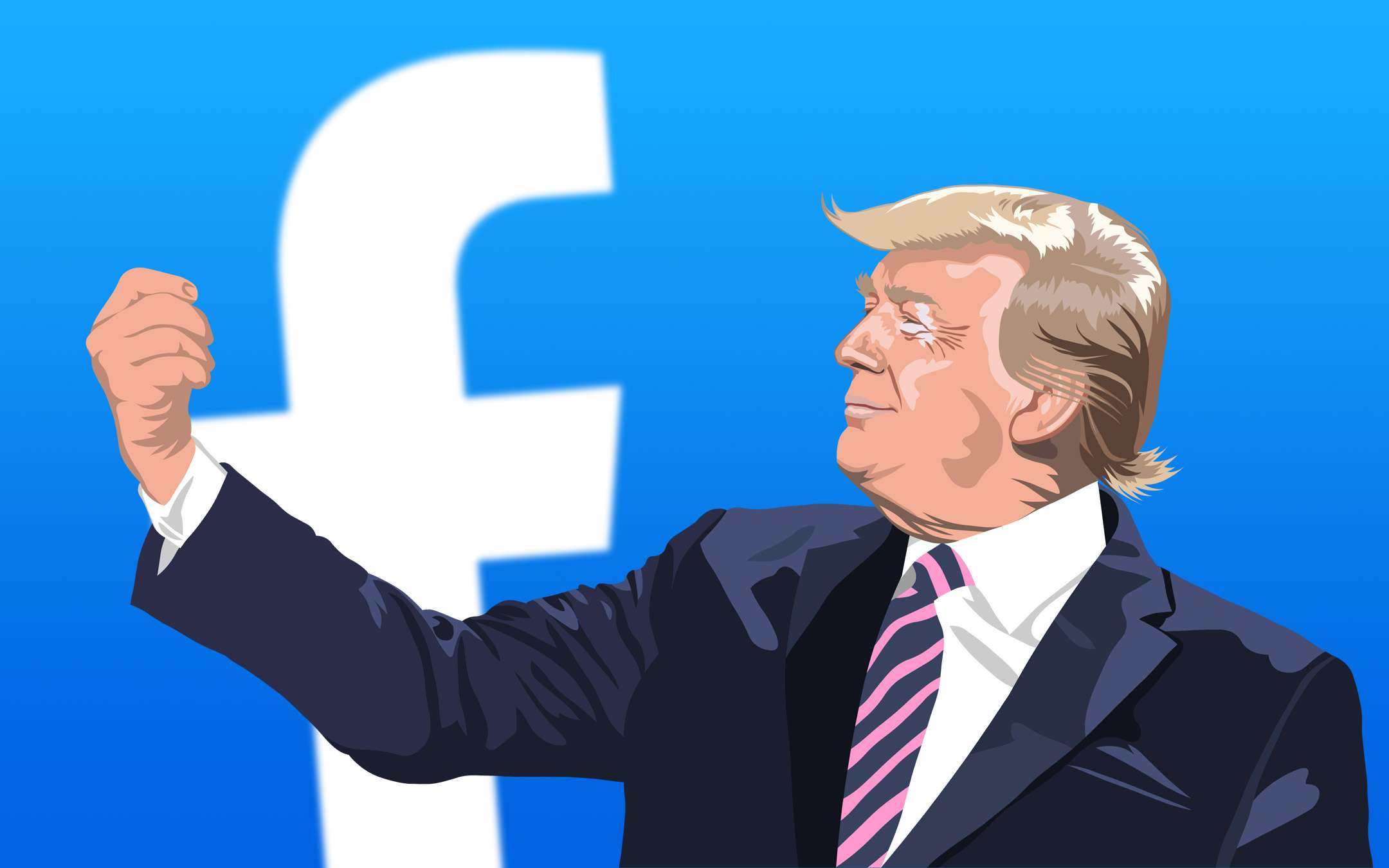Facebook: the right has more engagement

According to what was revealed to Politico's microphones, Facebook believes that there is nothing inherent in the social network's algorithms. At the same time it is undeniable that the messages of the right are able to obtain greater engagement, but this would be linked to the fact that "the right knows how to better connect people on a visceral level".
The right does it stimulate ancestral impulses?
Thanks to right-wing populism, in short, and to its "incredibly strong primitive emotions". In short, nationalisms and protectionism would tease primordial instincts which, acting at a deeper and in some ways unconscious level, know how to bind people with greater force, leading them to interact with each other (thus creating real right-wing echo chambers) and also nourishing them with themes and empathy capable of acting by touching people in a deeper and more effective way.Facebook, in short, rejects the accusations of the Democrats and returns to run for the role of disinterested spectator in the political debate. It will probably not be enough, because this point of view opens to judgments on the goodness (or otherwise) of that "social dilemma" which is being discussed with increasing intensity in recent years. In short: the ability of the right to strike the right chords to attract consensus, or the inability of social networks to keep away from the drifts of populism? Is it possible to imagine a judgment of political merit for a company that by its nature simply pursues economic success and certainly not social responsibility?
And how to overturn the discourse on Italian populisms, on the populist tendencies that all political factions have (with greater or lesser intensity, with greater or lesser capacity, with greater or lesser success) attempted? Facebook in some ways admitted that its own dynamics stimulate (with rewarding results) a certain type of political debate: if it was to be a way to free oneself from responsibility, this key reading will probably have the opposite effect. And never as in the coming months the social network will be at the center of the debate that will lead to the US presidential elections.
Source: Politico